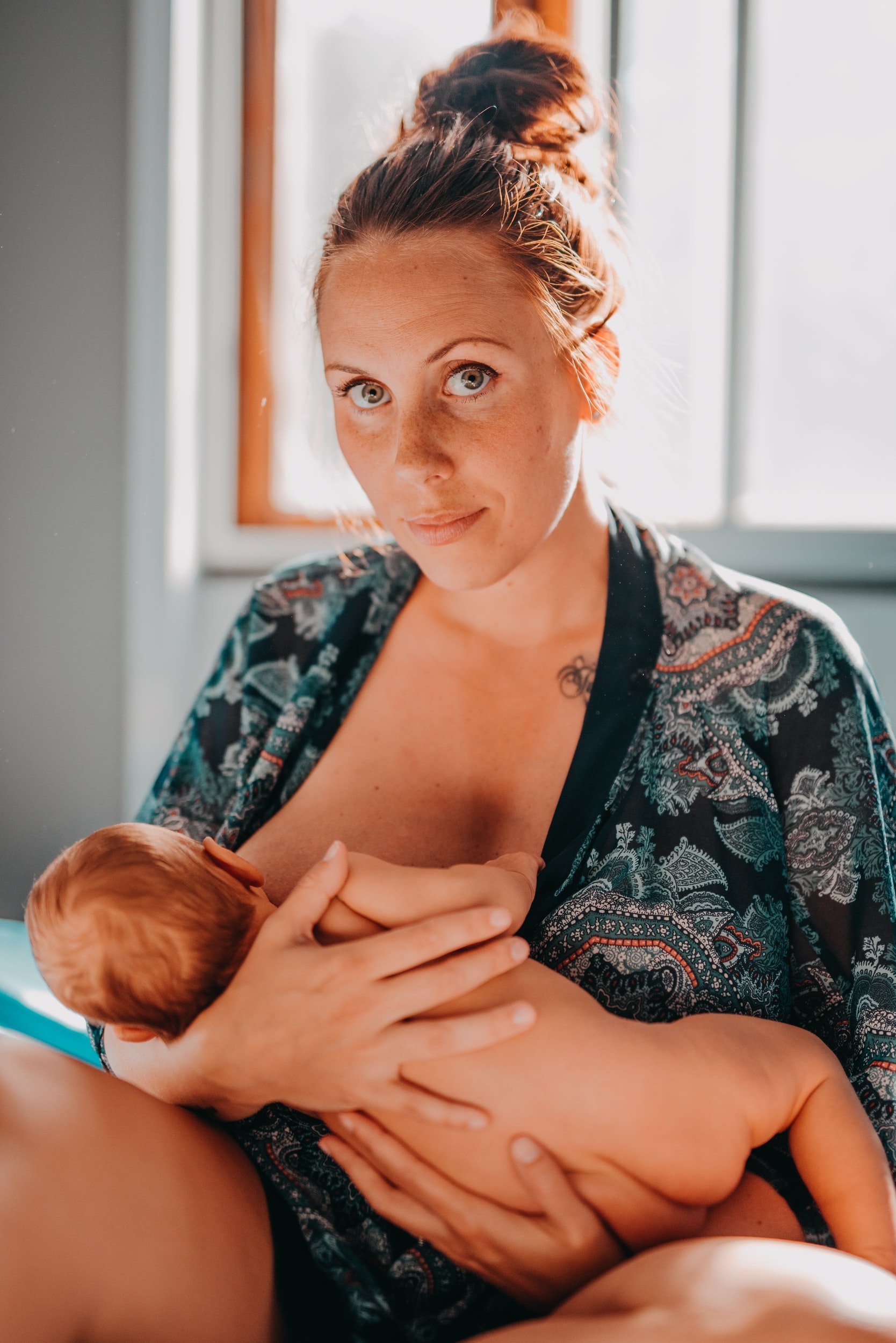About:
Overnight Care
Are you expecting a newborn and are a first time parent or caregiver? Do you already have children and know sleep deprivation takes its toll on your physical and emotional well being?
Then overnight care might be for you!
What are some of the benefits of having overnight care?
Everyone getting more sleep, reassurance and education about typical newborn behaviors, being taught to read babies’ hunger and sleep cues and much more!
Having a newborn specialist can help you get an average of 2.5 to 3.5 hours more sleep per night. During the first year, caregivers typically lose about 1,000 hours or 1/3 of their sleep. Having twins on average adds another 75 hours of lost sleep. Sleep is as important for new parents as it is for babies.
What’s included?
20-30 minute consultation (FREE)
Private in-home newborn education
In home overnight care, three to five nights per week, eight hour shifts
Feeding support for those that are breastfeeding, chest feeding, body feeding directly and or giving baby/ babies pumped or donated human milk
Bottle options, assembly, nipple flow rate, responsive feeding and cleaning tips
If using … education on the different forms of formula such as: sterile single serve bottles, ready-to-feed, concentrate & powdered formulas
If using… bottles and pump parts washed
Unlimited message support during the contract
The feeling of knowing someone is in your corner during this new, exciting and sometimes nerve wracking time!
NEW FOR 2023
Honeybooks CRM to manage documents, meetings, & payments.
Giving your baby/babies the best start by hiring a professional is an investment in their future, and yours. Having family and friends donate funds towards my fee is a great way for them to be involved. Whether they are able to be present physically or not, they can help get you the physical & emotional support you deserve.
What Does a typical shift look like?
I wash my hands, chat with caregivers, make sure the environment is conducive for sleep (including lighting and temperature) and put baby or babies down for a rest before the next feed.
After a few hours, I either feed them myself, or gently wake whomever is feeding them that night. I will work on a routine that is in coordination with your health care team- typically feeding every 2-4 hours. I have worked with many preemies with various needs and will make sure they are receiving adequate ounces in a 24 hour period. for ensuring babies needs are met, following their cues and potentially sleeping longer stretches without the need for intervention.
They are changed if needed and put back down, and the cycle repeats. I wash pump parts and or bottles from my shift before resting. In the morning, I give a recap in the app of the night, can chat with caregivers again before leaving, or I bring the babies or monitor to the caregivers room.
The first few interactions are centered around creating a safe sleep environment, safe sleep habits as outlined by the AAP (American Association of Pediatrics) and creating a routine that works for your family. Families are able to EBF (exclusively breast feed), pump, formula feed or a combination with overnight help.
I prefer to meet when the birth person is at a maximum of 34 weeks, but have had families come to me when baby is 4 weeks old, and caregivers know they would benefit from additional help.
We work with newborns, from birth to 16 weeks adjusted age.
“I think that is the most sleep I’ve had in MONTHS! I feel like I could get so much accomplished right now”





